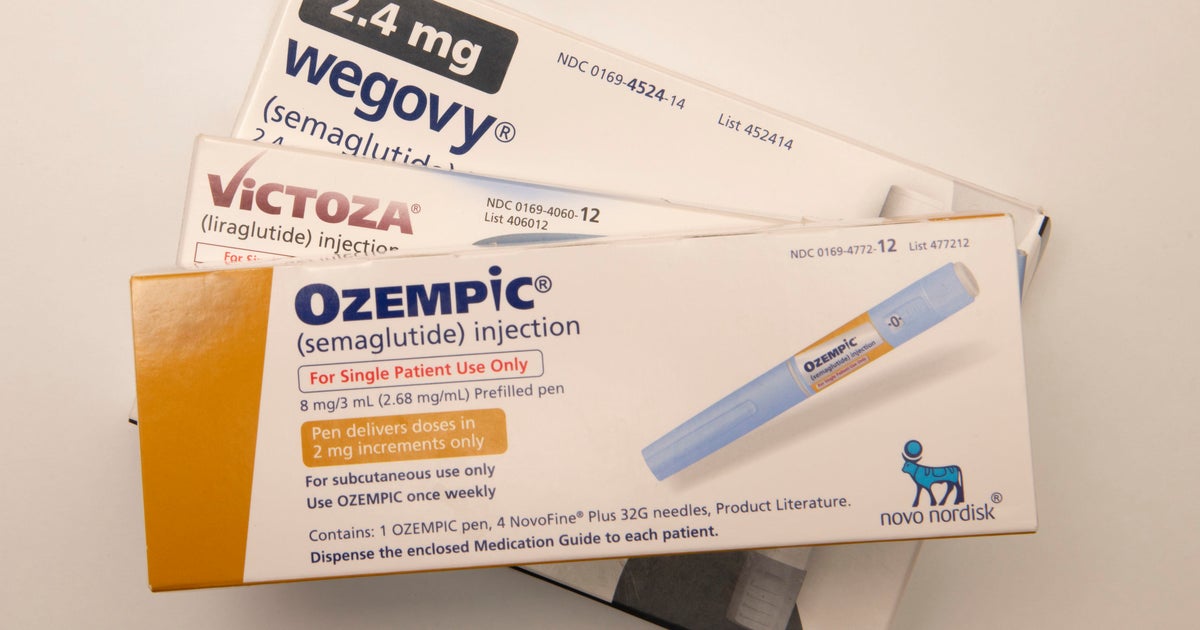The high cost of weight loss: How patients are fighting for access to breakthrough medications

Medications like Wegovy, Ozempic, and Mounjaro are being celebrated for their potential to help patients lose weight while also reducing risks associated with heart attacks, strokes, and improving mental health. However, many patients face significant financial barriers in accessing these treatments due to insurance companies often not covering them, as they do not classify obesity as a disease.
Erika Plosa, a commercial airline pilot, exemplifies the positive impact these medications can have. After 18 months on Wegovy, she lost 55 pounds and no longer worries about her weight. Her insurance covers most of the costs; without it, she would face monthly bills exceeding $1,000. This challenge isn't unique, as many patients find themselves in similar situations relying on expensive brand-name GLP-1 medications.
Dr. Brian Moraes, a preventive medicine specialist, expresses frustration over the lack of insurance recognition for obesity as a medical condition. He believes that obesity is often the root cause of numerous other health issues. While some insurance plans may offer more manageable costs for medications like Mounjaro through coupons, many still struggle within this financial landscape.
In Fort Lauderdale, Medi-Weightloss offers a more affordable alternative through compounded versions of these medications. Owner Melissa Somerville highlights that their compounded semaglutide costs around $249 monthly, providing a pathway for patients who can't secure insurance coverage for brand-name drugs. The clinic emphasizes careful monitoring and personalized treatment plans to ensure patient success.
The future also looks promising, with expectations for more potent weight-loss medications, including a pill version, to enter the market next year. For Erika Plosa, the necessity of continuing Wegovy is not a burden; rather, it enhances her quality of life and enables her to engage in activities she enjoys.